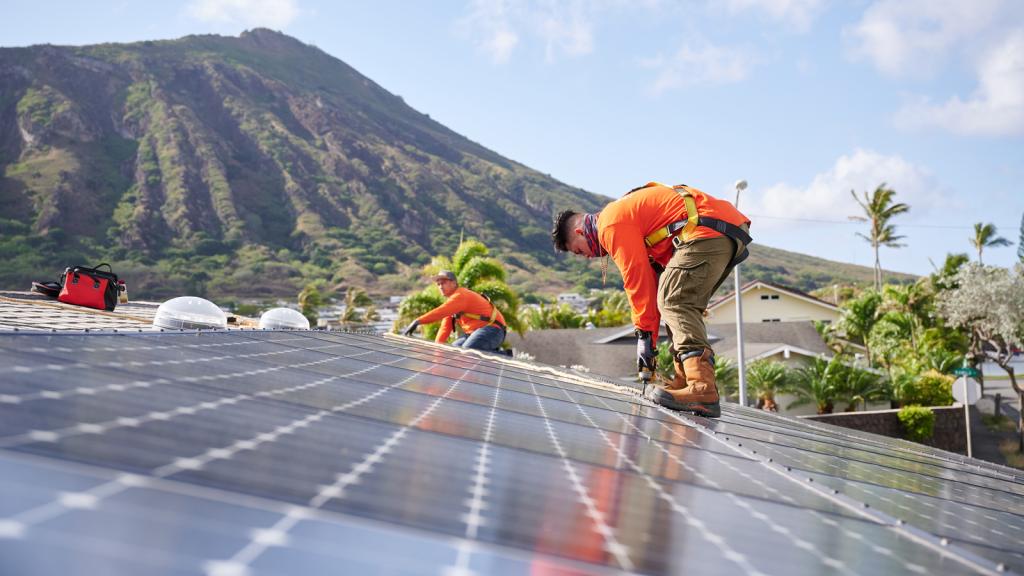Nike, Starbucks, eBay, and a handful of other big-name U.S. companies are putting forward a climate agenda that’s just as ambitious as that of many environmentalists, if not more so.
The new coalition — Business for Innovative Climate and Energy Policy, or BICEP for short — grew out of a partnership between Nike and Ceres, a nonprofit network of investors and enviro groups. Other members now include Gap, Symantec, Levi Strauss & Co., Sun Microsystems, and Timberland.
At a briefing in Washington, D.C. in early March, the coalition unveiled its priorities: cutting emissions 25 percent below 1990 levels by 2020 and 80 percent below 1990 levels by 2050, and creating an economy-wide cap-and-trade system that auctions 100 percent of carbon credits.
The group is also calling for aggressive policies that will at least double the country’s energy efficiency; the creation of green-collar jobs in low-income communities; and a national renewable electricity standard that will require 20 percent of electricity to be generated from renewable sources by 2020.
Starbucks Director of Environmental Impact Jim Hanna noted that global warming will affect the climate of coffee-farming regions in Central America and Africa. “It’s important for us to realize that there is a direct risk to our companies,” said Hanna. “It wasn’t altruism.”
Ceres President Mindy Lubber, speaking with Grist after the briefing, stressed the need for more business leaders to be involved in the national discussion about climate change. “The public face has to be more than environmentalists and scientists,” she said. “These are business leaders saying it is good for the economy to act, because it’s a mandatory cap that will send the right market signals, that carbon has a real cost, we have to stop willy-nilly putting it into the air.” The members of BICEP want a price on carbon so they can better plan for the future, she said — and so that businesses already working toward sustainability can be rewarded for their efforts.
The BICEP agenda is more ambitious than the plan put forward by the U.S. Climate Action Partnership, a coalition of major companies like ConocoPhillips and General Motors plus green groups like Environmental Defense Fund and Natural Resources Defense Council. USCAP calls for emissions cuts of 80 percent below 2005 levels by 2050, and a cap-and-trade program that would give away a significant portion of the carbon credits. While USCAP’s members include more energy-intensive companies, both coalitions represent big players in the U.S. economy.
Lubber called the BICEP plan “much more aggressive” than USCAP’s, but said the two should be seen as complementary. “We need multiple voices, we need hundreds of voices on this,” she said. “Members of Congress need to hear that acting on climate is not bad for our economy, but is an important piece of jump-starting our economy, which we sorely need.”


